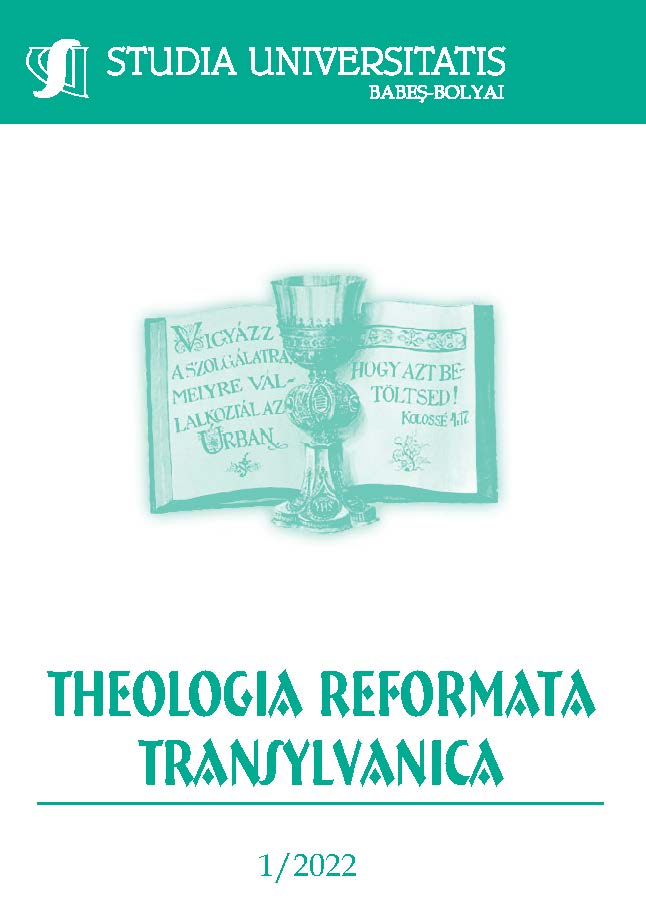SEBESTYÉN JENŐ, A TÖRTÉNELMI KÁLVINIZMUS ÉS A SOLI DEO GLORIA REFORMÁTUS DIÁKSZÖVETSÉG
JENŐ SEBESTYÉN (1884–1950), THE HISTORICAL CALVINISM, AND THE SOLI DEO GLORIA STUDENT ALLIANCE
Author(s): Gábor LányiSubject(s): History of Church(es)
Published by: Studia Universitatis Babes-Bolyai
Keywords: Abraham Kuyper; Neo-Calvinism; Historical Calvinism; Jenő Sebestyén; Soli Deo Gloria Student Alliance (SDG); Zoltán Töltéssy;
Summary/Abstract: Jenő Sebestyén (1884–1950), the Historical Calvinism, and the Soli Deo Gloria Student Alliance. This paper aims to give an introduction into the origins of Jenő Sebestyén’s theological movement, the “Historical Calvinism”, while it discusses Sebestyén’s formative role in the creation and later development of the Soli Deo Gloria Student Alliance (SDG).Historical Calvinism can be understood as the Hungarian adaptation of Abraham Kuyper’s (1837–1920) Neo-Calvinism. Following Dutch examples, Sebestyén inspired his students, especially Zoltán Töltéssy (1900–1932), at the Budapest Reformed Seminary to form a confessional-minded student movement in order to serve the evangelization of the Youth and the spiritual renewal of the Reformed Church in Hungary in the 1920s. Soon, the SDG would become widely popular among high school and university students, attain the support of the church officials, and pursue many debates with the inter-confessional student missionary organizations.
Journal: Studia Universitatis Babeș - Bolyai Theologia Reformata Transylvanica
- Issue Year: 67/2022
- Issue No: 1
- Page Range: 226-240
- Page Count: 15
- Language: Hungarian

